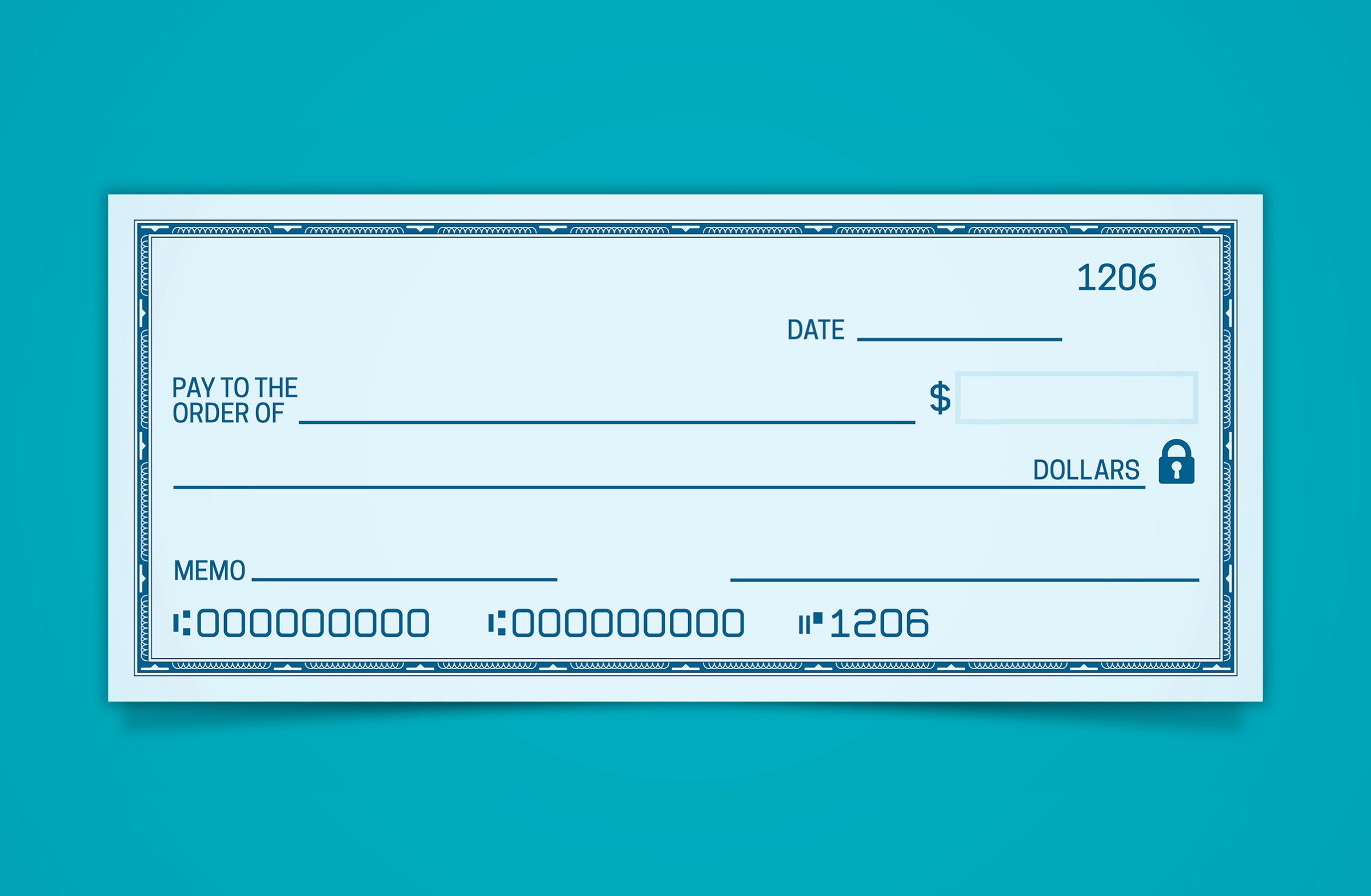
Nice as it is, having a higher salary might not be the key to happiness. An even more important figure linked to life satisfaction is the number sitting in your checking account, according to a new study published in the journal Emotion.
In the study, researchers looked at data from 585 customers at a U.K. bank. That included survey information, like how stressed they were about their finances and how satisfied they were with their lives, along with the balances of their checking and savings accounts.
The amount of easily accessible cash people had predicted how satisfied they were with their lives—a link explained by how comfortable people felt about their finances. In fact, liquid wealth appeared to be even more important than income or debt status in predicting a person’s happiness. “No matter how much the customers had or earned, no matter how much debt they had, having a buffer of easily accessible cash was associated with greater happiness,” says Peter Ruberton, the study’s lead author and a doctoral candidate in social personality psychology at the University of California, Riverside.
When the researchers looked at how life satisfaction changed with the amount of cash in the accounts, they saw that the link tapers off after balances climb to a couple thousand dollars. “That first $1,000 is more important than the next $9,000,” Ruberton says. “The hedonic benefits to your happiness will be experienced once you save enough to feel comfortable with your finances, but saving above that point buys you relatively little in terms of wellbeing.”
That’s heartening news for people of all income levels who can manage to save just a little bit, which may be all it takes to get a happiness bump.
More Must-Reads from TIME
- Donald Trump Is TIME's 2024 Person of the Year
- Why We Chose Trump as Person of the Year
- Is Intermittent Fasting Good or Bad for You?
- The 100 Must-Read Books of 2024
- The 20 Best Christmas TV Episodes
- Column: If Optimism Feels Ridiculous Now, Try Hope
- The Future of Climate Action Is Trade Policy
- Merle Bombardieri Is Helping People Make the Baby Decision
Write to Mandy Oaklander at mandy.oaklander@time.com